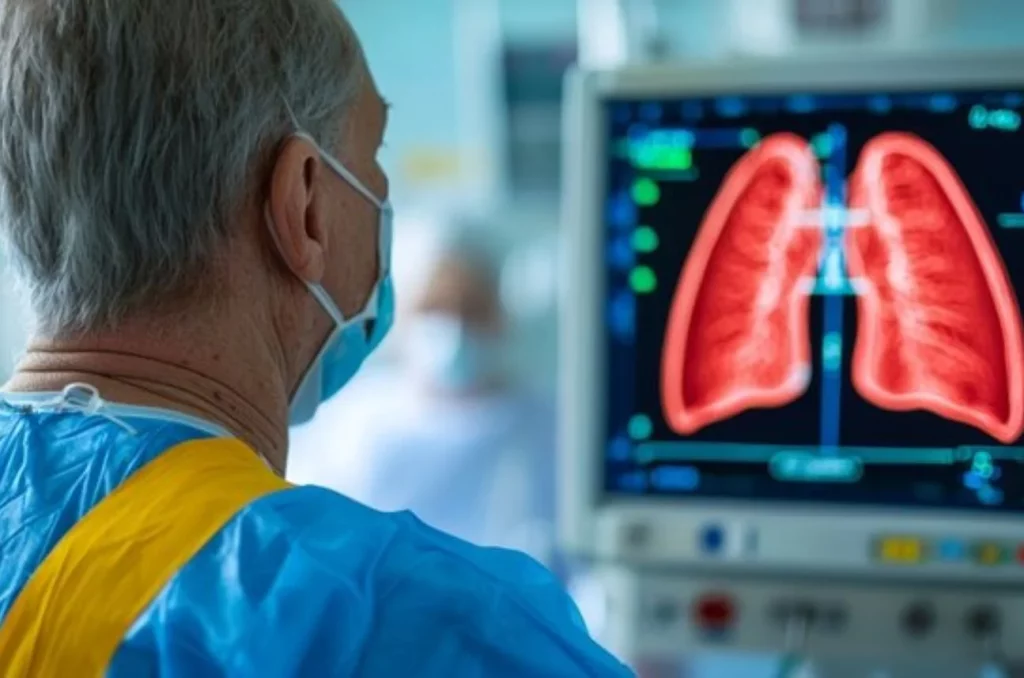Lung Cancer

Lung Cancer: Early Detection Can Save Lives
Lung cancer is a serious condition that begins in the lungs and can spread to other parts of the body. It is one of the most common cancers worldwide and often goes unnoticed in the early stages because symptoms may be mild or mistaken for other illnesses.
The lungs are vital organs that help your body take in oxygen and release carbon dioxide. When abnormal cells grow uncontrollably in the lung tissue, they form a tumor—this is lung cancer.
Types of Lung Cancer:
Non-Small Cell Lung Cancer (NSCLC): The most common type, which grows relatively slower.
Small Cell Lung Cancer (SCLC): A fast-growing type that spreads quickly, often linked to smoking.
Common Causes and Risk Factors:
Smoking – the leading cause, responsible for nearly 85% of cases
Exposure to secondhand smoke
Air pollution or harmful chemicals (asbestos, radon, etc.)
Family history of lung cancer
Radiation exposure
Symptoms to Watch For:
Persistent cough that doesn’t go away
Coughing up blood
Chest pain or discomfort
Shortness of breath
Hoarseness
Sudden weight loss and fatigue
Frequent lung infections like bronchitis or pneumonia
These symptoms may not appear until the disease is more advanced, which is why screening is important, especially for people at high risk (like long-term smokers).
Diagnosis and Treatment:
Lung cancer is diagnosed using chest X-rays, CT scans, PET scans, and biopsies. Treatment depends on the type and stage of cancer and may include:
Surgery to remove tumors
Radiation therapy
Chemotherapy
Targeted drug therapies and immunotherapy

